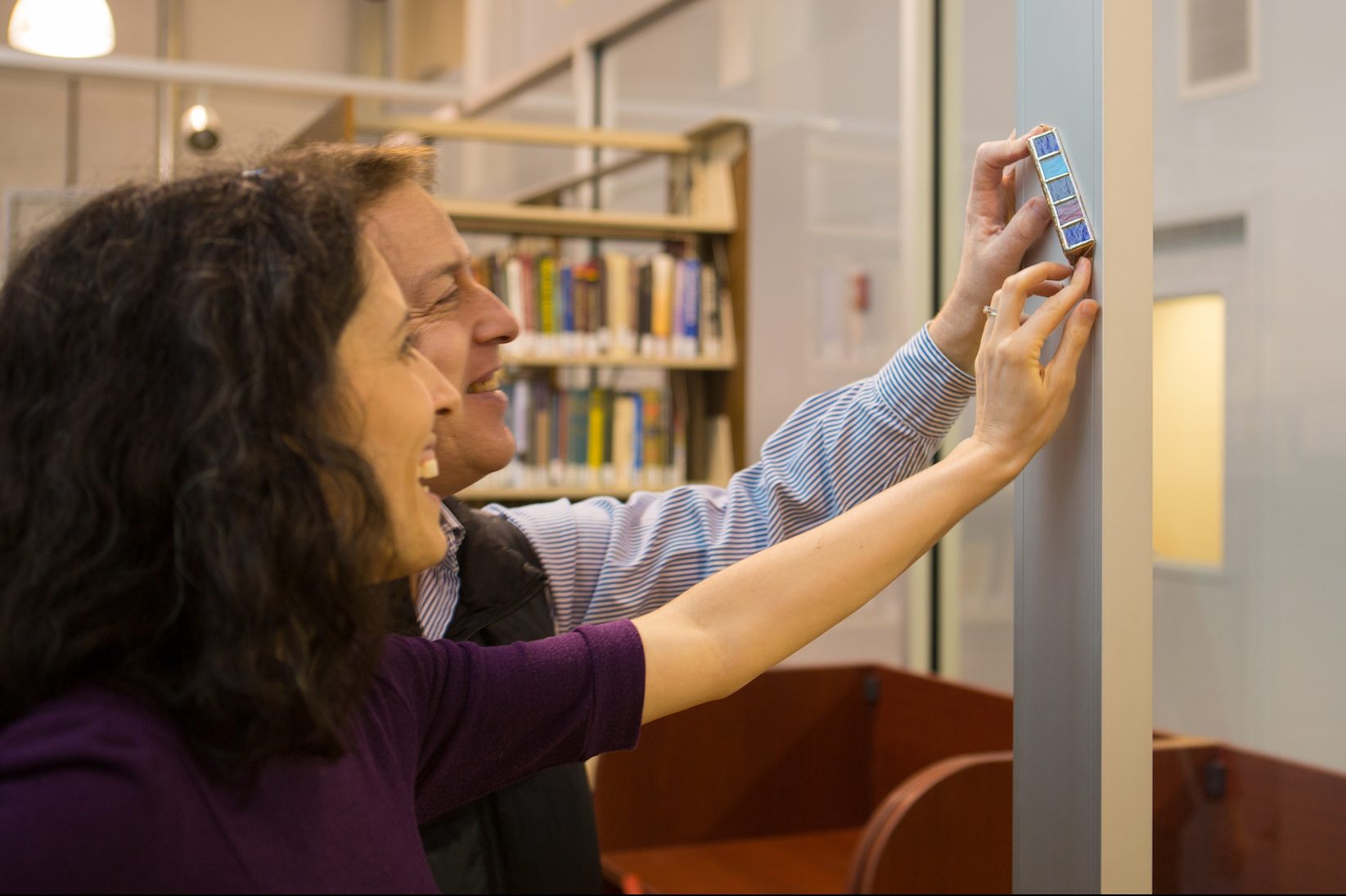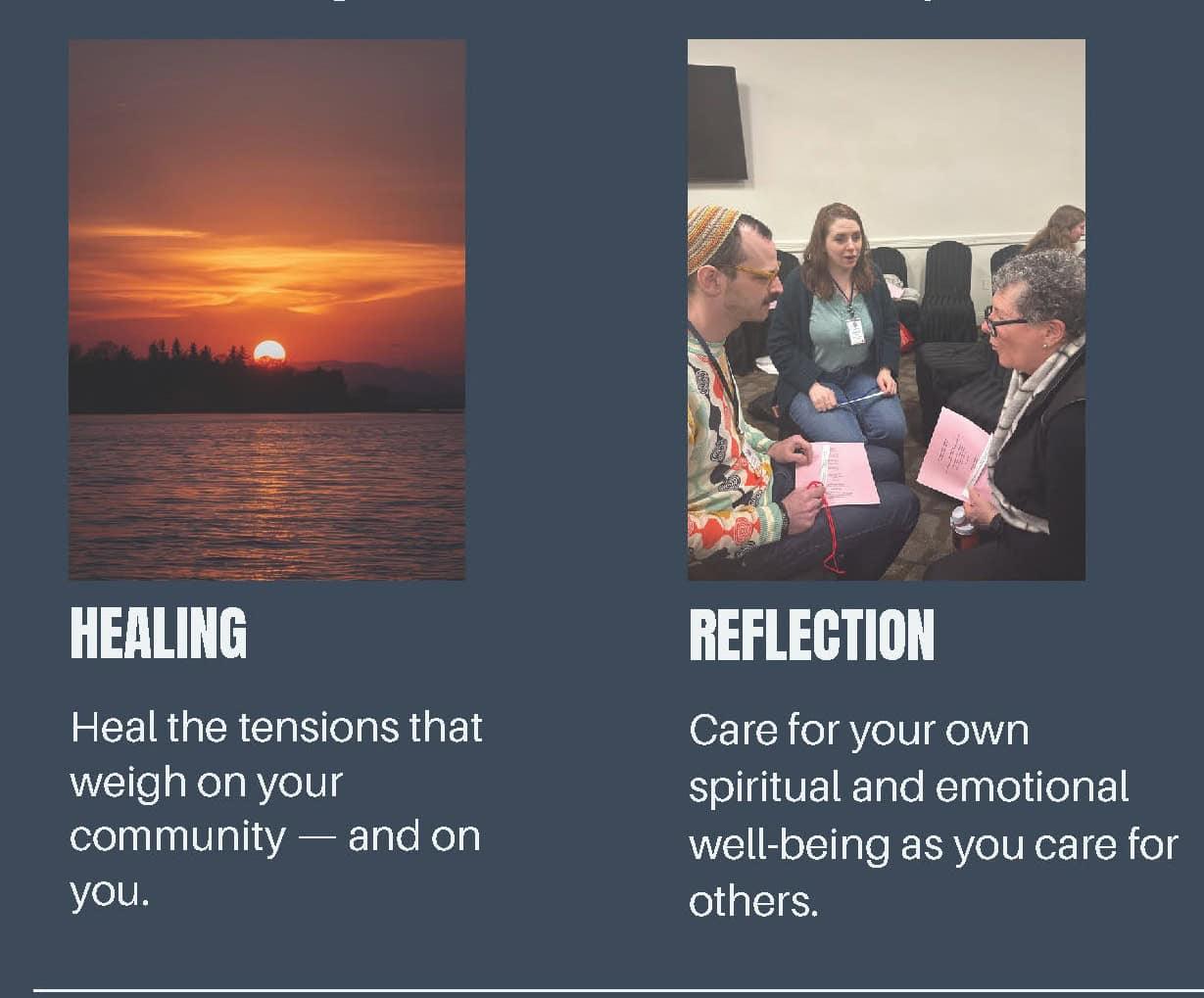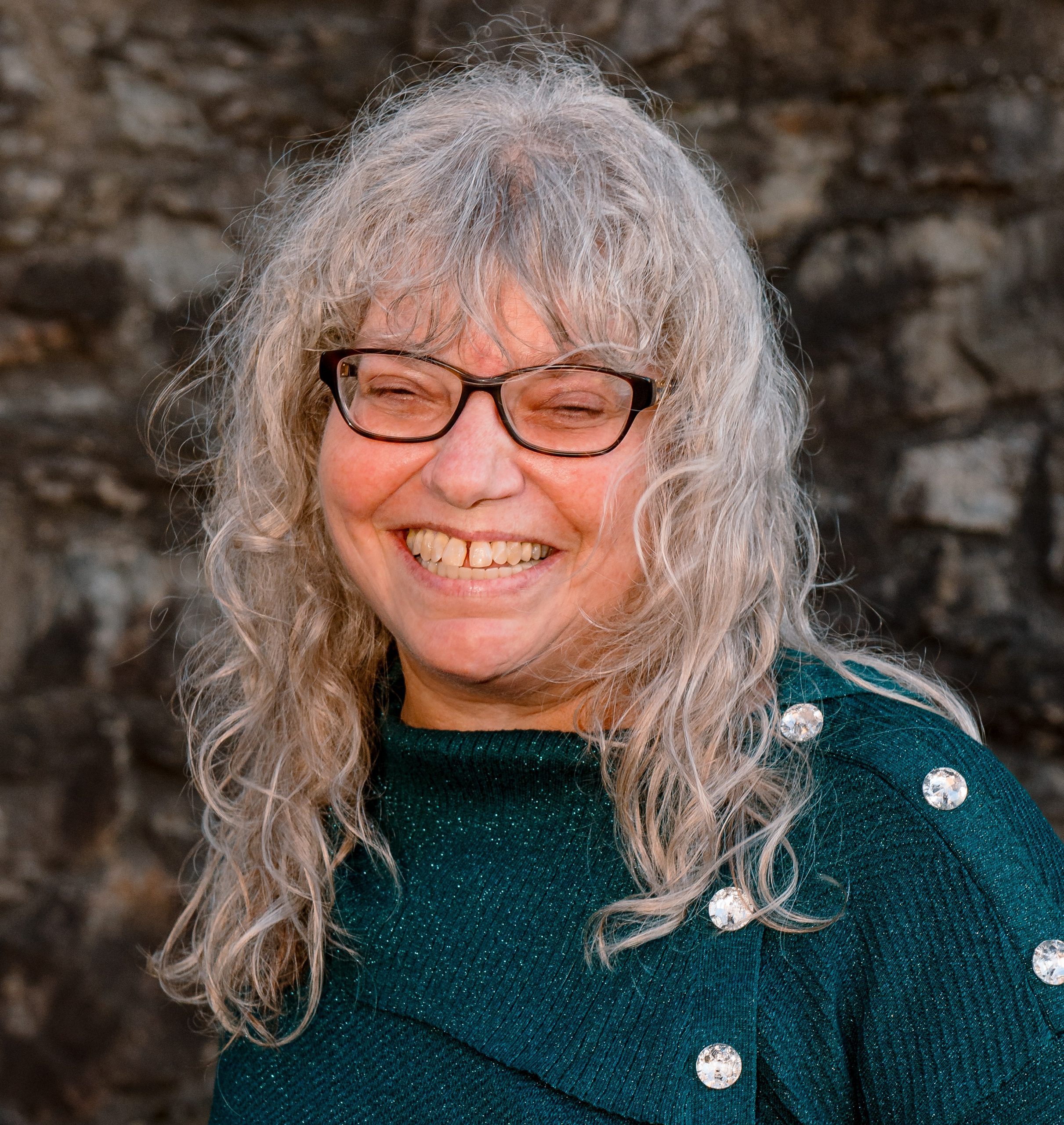This Week @ AJR
- Monday, Jan 26
-
-
Minhah
Monday, Jan 26 @ 3:30 pm EST - 3:50 pm EST
-
- Tuesday, Jan 27
-
-
Aviv Siegel MA Presentation
Tuesday, Jan 27 @ 12:10 pm EST - 12:45 pm EST
Zoom 09 -
Minhah
Tuesday, Jan 27 @ 3:30 pm EST - 3:50 pm EST
-
- Wednesday, Jan 28
-
-
New Songs for the Synagogue: Sacred Sounds Reborn with Cantor Debbie Katchko-Gray
Wednesday, Jan 28 @ 12:10 pm EST - 12:45 pm EST
Zoom 09 -
Minhah
Wednesday, Jan 28 @ 3:30 pm EST - 3:50 pm EST
-







